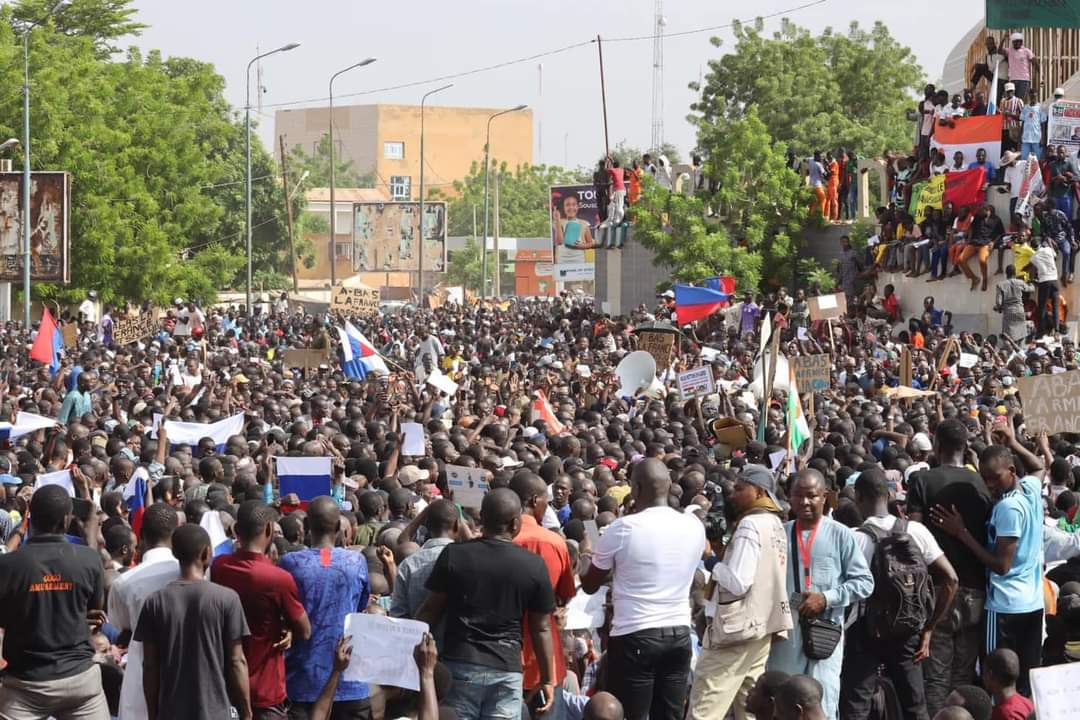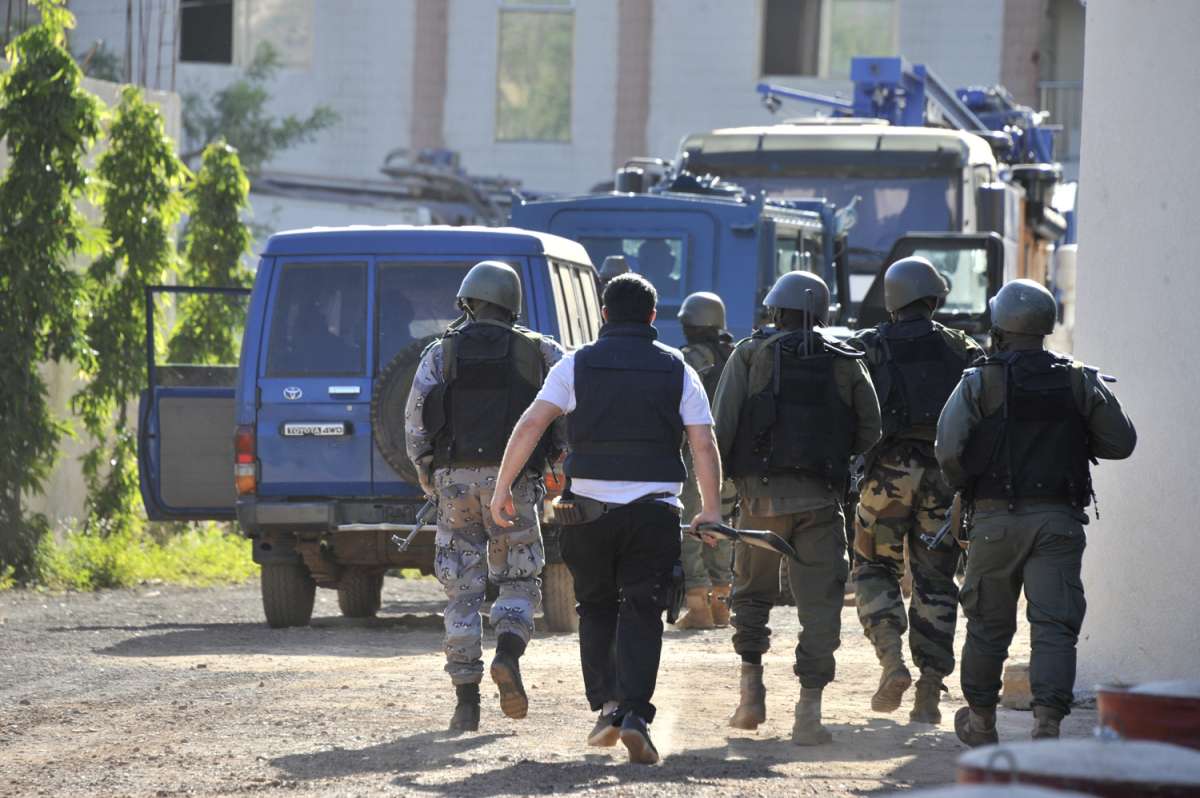Following the coups, West African countries sanctioned the juntas, aiming to push them to quickly restore civilian rule…reports Asian Lite News
Three West African countries run by military juntas will be launching a new biometric passports “in the coming days” as part of their withdrawal from the wider regional bloc Ecowas. Mali, Burkina Faso and Niger, whose military leaders took over power in series of coups between 2020 and 2023, announced their plan to leave the bloc in January.
Following the coups, West African countries sanctioned the juntas, aiming to push them to quickly restore civilian rule. But the three nations that now form the Alliance of Sahel States have so far resisted the calls, opting to cement their alliance.
“In the coming days, a new biometric passport of the [alliance] will be put into circulation with the aim of harmonising travel documents in our common area,” Malian junta leader Col Assimi Goïta said in a televised address on late on Sunday.
Col Goïta, who is the acting president of the Sahel alliance, spoke a day before the military governments were due to mark the first anniversary since they made a decision to create their own alliance. He said they were also planning to launch a joint service that would promote a “harmonious dissemination of information in our three states”.
Burkina Faso had earlier revealed its decision to launch a new biometric passport without the Ecowas logo. It remains unclear how the new passports will affect the travel of their nationals to other Ecowas states where they enjoyed visa-free movement as holders of a 15-nation regional passport.
In July, the junta chiefs said they were “irrevocably” turning their backs on Ecowas. They said they wanted to build a community of sovereign peoples based on African values and “far from the control of foreign powers”.
The latest announcement comes as Ecowas is engaged in efforts to get the three Sahel nations to return to the bloc. Ecowas recently warned that formalisation of the breakaway group posed a risk of regional disintegration and worsened insecurity.
The three countries created the Sahel alliance last year to boost military co-operation. In July they formed a confederation to broaden the nature of their work together beyond security.
The Sahel region has been battling jihadist violence for decades, which is estimated to have killed thousands and displaced millions across the region. Tackling the insurgency is one of the reasons that the military leaders gave for the takeovers, although they have so far failed to quell the violence. The three military-led countries have all expelled French soldiers who were there helping to fight jihadist groups and turned towards Russia for military assistance.
ALSO READ: IMF urges Kenya to intensify reforms



